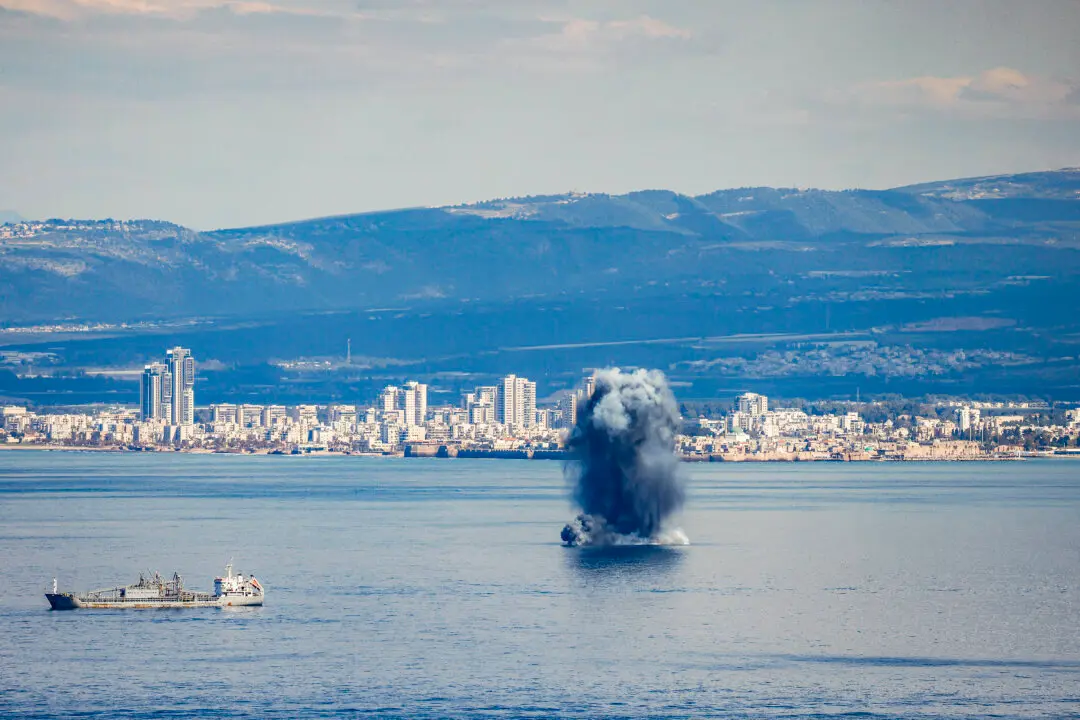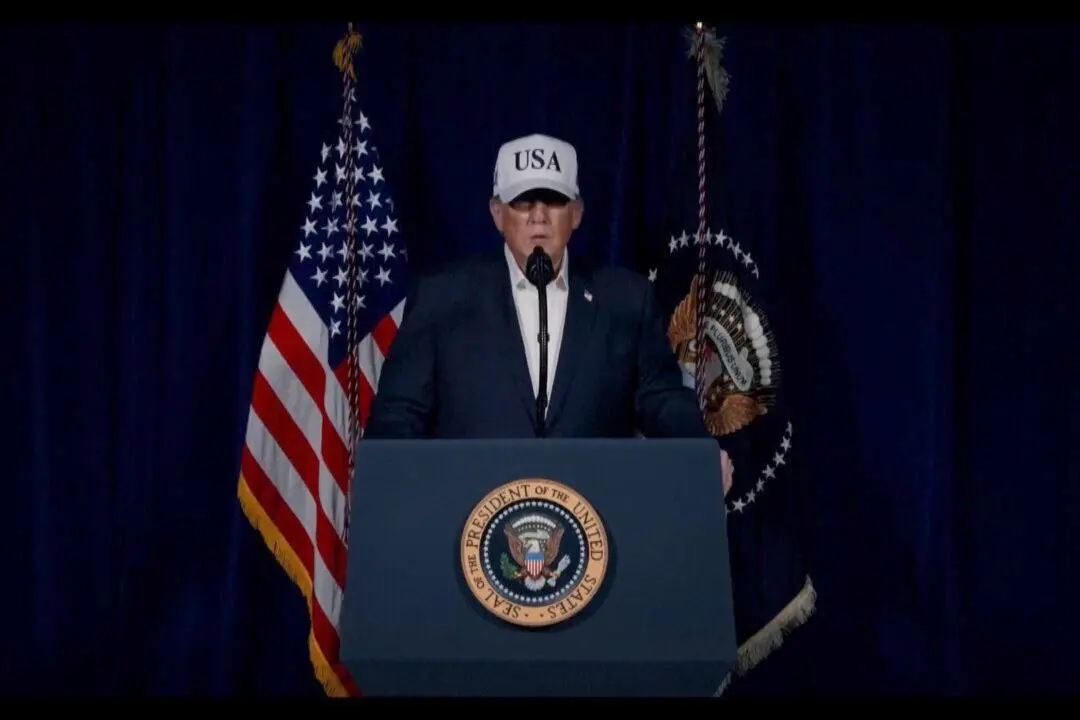The latest on the Russia–Ukraine crisis, May 3. Click here for updates from May 2.
Ukrainians Wait in Mexico City for US Entry
Hundreds of Ukrainian refugees are camping out in Mexico City and waiting for the U.S. government to allow them into the country.About 500 evacuees were waiting Tuesday in large tents under a searing sun on a dusty field on the east side of Mexico’s sprawling capital. The camp has been open only a week and 50 to 100 people are arriving every day.





